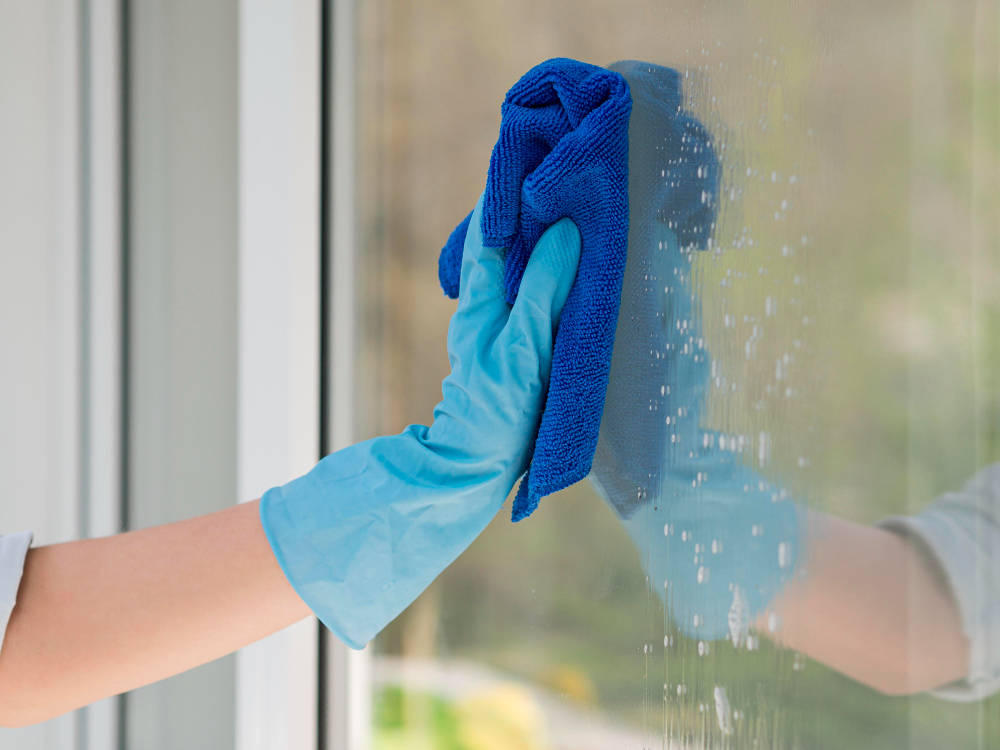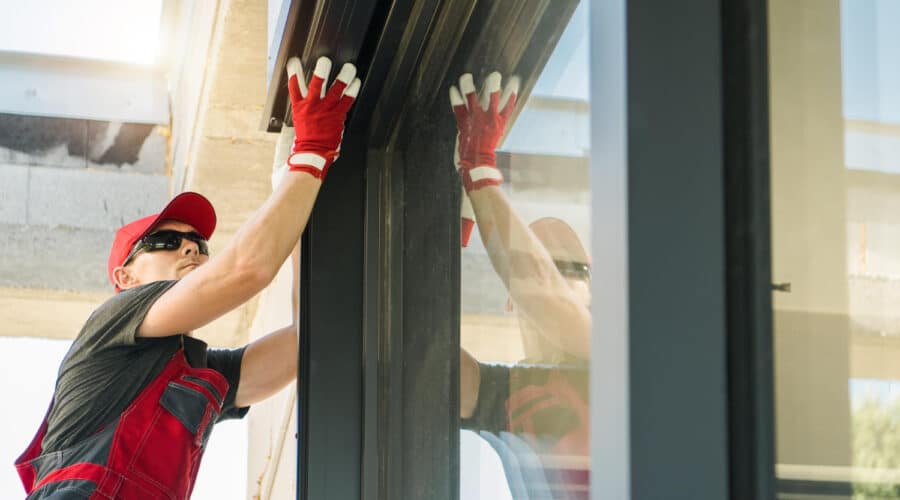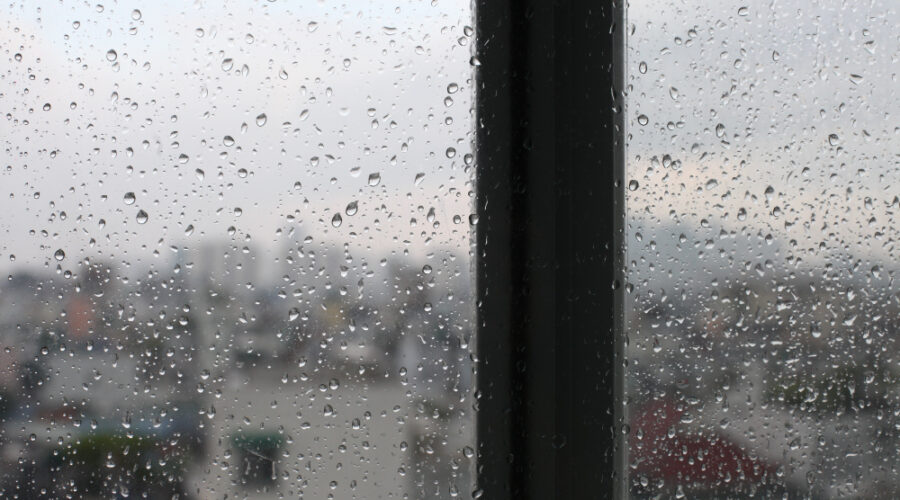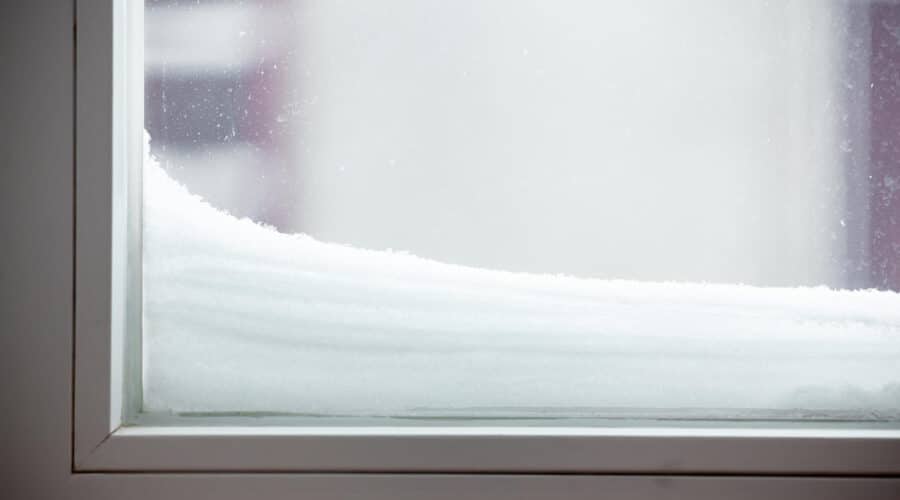Double glazed windows are a fantastic investment as they provide insulation, noise reduction and improved security for your property. However, like any feature of your home they require proper care to ensure they remain in excellent condition. Neglecting simple maintenance can lead to issues such as condensation, difficulty opening or closing or even damage to the window seals. Fortunately, with a little routine upkeep, you can keep your windows functioning optimally for many years to come.
The Importance of Regular Cleaning
Cleaning your double glazed windows doesn’t just make them look nice, it also plays a crucial role in their longevity. Start by using a soft cloth and a mild soapy solution and wipe down the glass and frames regularly. Avoid abrasive cleaners though as they can scratch the surface. If you have uPVC frames, a simple wipe down is enough, whereas wooden frames may need occasional varnishing or repainting to prevent rot and warping. Additionally, check for any small cracks or gaps in the seals while cleaning, as catching these kind of issues early on can prevent costly repairs down the line. If you notice persistent condensation between the panes, it could indicate a failed seal which will likely require professional attention.
Checking and Maintaining Locks and Hinges
Locks and hinges are designed to last as long as the windows themselves, but they still need periodic inspection. If your windows don’t open smoothly or feel stiff, it might be time to lubricate the hinges. Use a small amount of silicone based lubricant to ensure they operate smoothly, although too much grease can attract dirt and cause further problems.
Inspect each lock to ensure they engage properly and provide adequate security. A faulty lock isn’t just an inconvenience; it can also pose a security risk. If any locks feel loose or show signs of wear, consider having them replaced sooner rather than later. Sticking mechanisms can sometimes be fixed with a little lubrication, but in some cases a replacement may be necessary to maintain security.
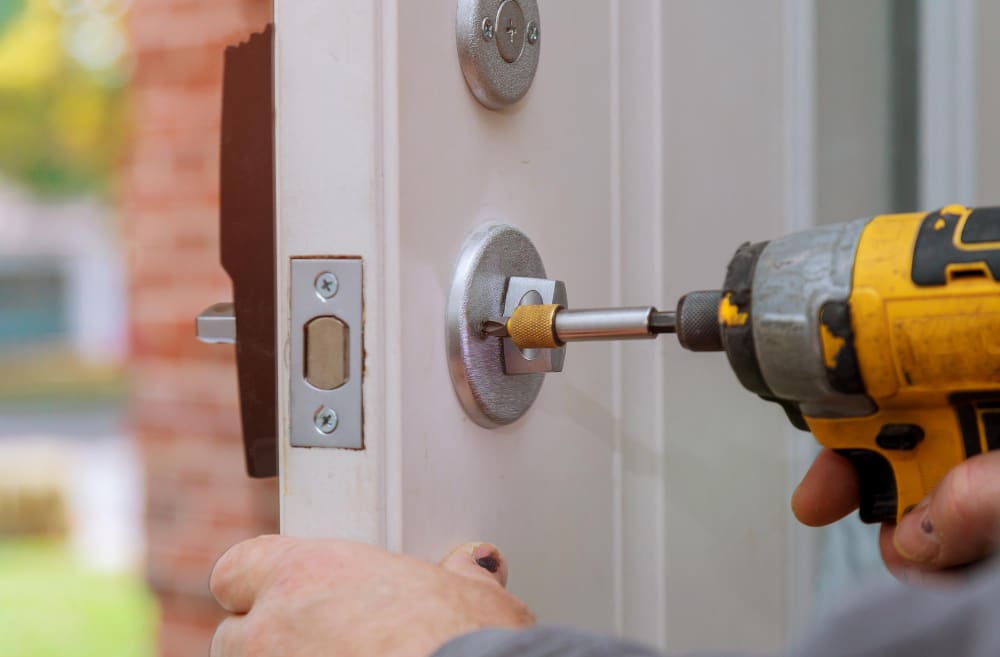
Managing Condensation and Moisture Build Up
A little condensation on the inside of your windows during winter is normal, but excessive moisture could indicate an issue. This persistent condensation can lead to dampness and mould growth, potentially affecting both your health and your home’s structural integrity. To reduce condensation, ensure your home is well-ventilated. Open windows when possible to allow fresh air to circulate, particularly in kitchens and bathrooms where humidity levels tend to be higher. Dehumidifiers can also help manage moisture levels in your home.
If you notice condensation forming between the two panes of glass, this is usually a sign that the window’s seal has failed. When this happens the insulating gas escapes and reduces the window’s efficiency. In such cases, it’s best to consult our professionals to assess whether double glazing repairs or replacements are needed.
Caring for Sliding Windows and Doors
If you have sliding double glazed windows or patio doors, keeping the tracks clean is essential. Dust and debris can accumulate in the tracks over time, making it difficult to open and close them smoothly. A quick vacuum of the tracks followed by a wipe with a damp cloth can help maintain proper functionality. For stubborn dirt, a soft brush or an old toothbrush can help dislodge debris. Again, regular maintenance prevents damage to the rollers and ensures your windows and doors slide effortlessly for years to come.
When to Call in the Experts
While regular maintenance goes a long way in preserving your double glazed windows, there may come a time when professional assistance is necessary. If you notice persistent condensation between panes, difficulty in opening or closing windows or visible damage to the seals, it’s always best to seek expert advice.


